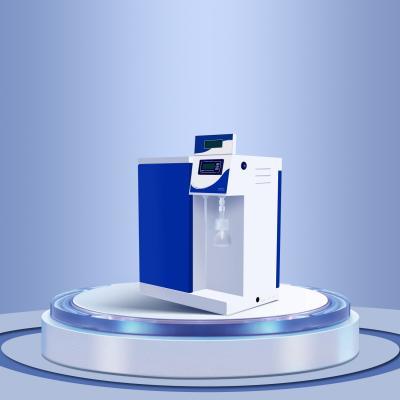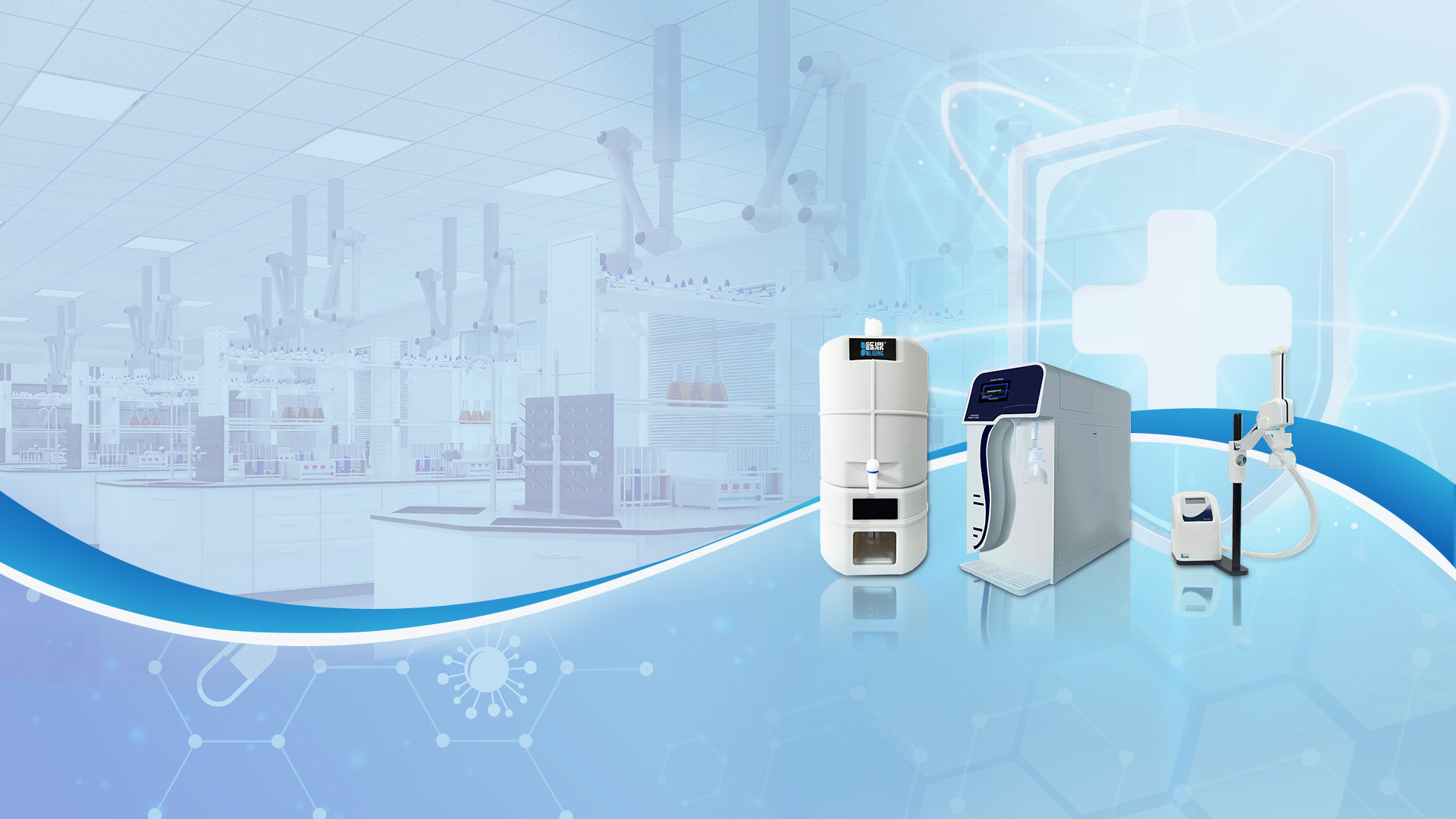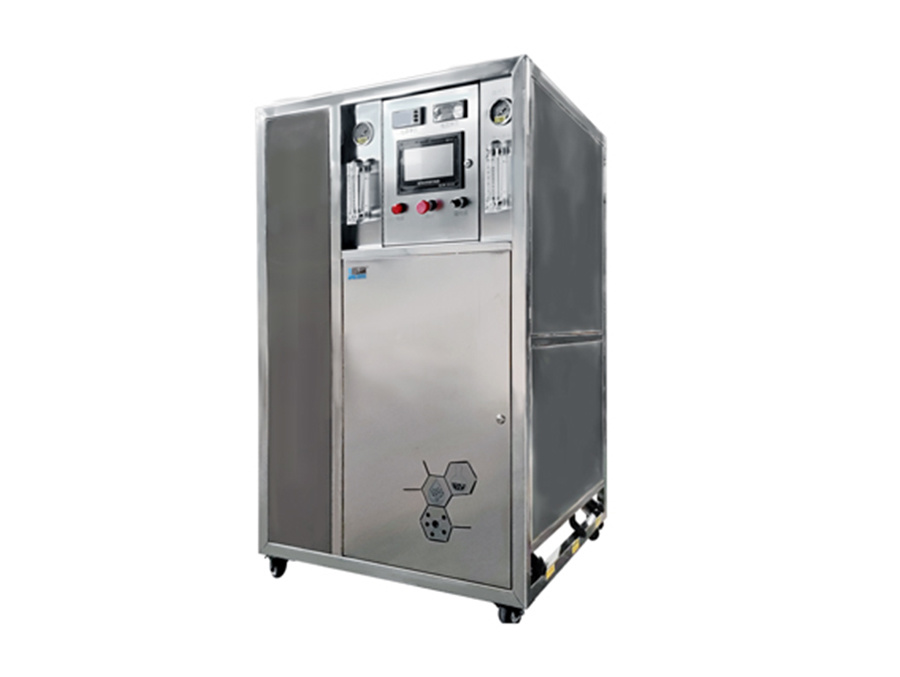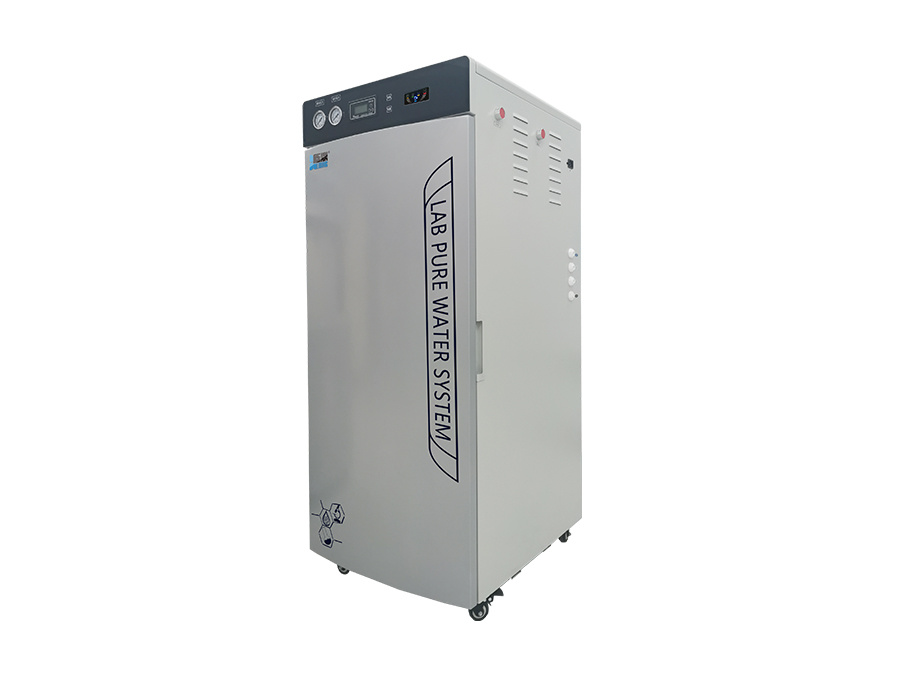Maximizing Efficiency: The Impact of Deionized Water on Industrial Equipment Longevity
Time:
Nov 04,2025
Maximizing Efficiency: The Impact of Deionized Water on Industrial Equipment Longevity
Table of Contents
1. Introduction to Deionized Water and Its Importance
2. Understanding Deionization: How It Works
3. Benefits of Using Deionized Water in Industrial Settings
4. Applications of Deionized Water in Various Industries
4.1 Electronics Manufacturing
4.2 Pharmaceutical Production
4.3 Food and Beverage Processing
5. Deionized Water vs. Other Types of Water
6. Best Practices for Implementing Deionized Water Systems
6.1 Choosing the Right Deionization System
6.2 Maintenance and Monitoring
7. Common Misconceptions About Deionized Water
8. FAQs about Deionized Water and Equipment Longevity
9. Conclusion: Enhancing Equipment Longevity with Deionized Water
1. Introduction to Deionized Water and Its Importance
Deionized water (DI water) has emerged as a critical element in industrial settings, particularly in processes where water purity is paramount. The removal of ions from water enhances its quality, making it an invaluable resource for various applications. Understanding how deionized water contributes to equipment longevity is essential for industries striving for maximum efficiency and cost-effectiveness.
2. Understanding Deionization: How It Works
Deionization is a purification process that removes charged ions and impurities from water, resulting in high-purity water. This process typically involves ion exchange resins that capture cations and anions. By substituting these ions with hydrogen and hydroxide ions, deionized water is produced. This section explores the technological advancements in deionization methods and the importance of monitoring water quality.
3. Benefits of Using Deionized Water in Industrial Settings
Utilizing deionized water in industrial applications presents numerous benefits, including:
- **Enhanced Equipment Longevity**: By eliminating minerals and contaminants, DI water minimizes corrosion and scaling within machinery.
- **Improved Operational Efficiency**: Equipment operates at optimal performance levels with less downtime due to maintenance.
- **Cost Savings**: Reduced maintenance and repair costs translate to significant savings for businesses.
- **Environmental Compliance**: Using deionized water supports adherence to environmental regulations, particularly in industries with strict waste disposal standards.
4. Applications of Deionized Water in Various Industries
Different industries utilize deionized water for specific applications, highlighting its versatility.
4.1 Electronics Manufacturing
In electronics manufacturing, deionized water is essential for cleaning components and ensuring the removal of any contaminants that could affect product quality. The use of DI water in rinsing processes helps prevent short circuits and enhances the reliability of electronic devices.
4.2 Pharmaceutical Production
Pharmaceutical companies rely on deionized water for preparing solutions and as an ingredient in formulations. The purity of DI water is crucial in preventing contamination, ensuring the safety and efficacy of pharmaceutical products.
4.3 Food and Beverage Processing
In food production, the quality of water directly impacts the safety and taste of products. Deionized water is used in various stages, from washing raw ingredients to diluting products, ensuring the elimination of harmful substances.
5. Deionized Water vs. Other Types of Water
Comparing deionized water to tap water and distilled water reveals significant differences in purity levels. Tap water often contains minerals and contaminants, while distilled water lacks essential minerals but may still carry certain impurities. Deionized water, with its superior purity, is the preferred choice for industries that require high standards of cleanliness.
6. Best Practices for Implementing Deionized Water Systems
Implementing a deionized water system involves careful planning and execution.
6.1 Choosing the Right Deionization System
Selecting an appropriate deionization system depends on the specific needs of the industry. Factors such as flow rate, water quality requirements, and budget constraints must be considered to ensure optimal performance.
6.2 Maintenance and Monitoring
Regular maintenance and monitoring of deionization systems are crucial for sustaining water quality. Routine checks on resin integrity and system performance can prevent issues and extend equipment life.
7. Common Misconceptions About Deionized Water
Several misconceptions exist surrounding deionized water, such as its safety for human consumption or its incompatibility with certain processes. Addressing these myths is essential for understanding the true nature and benefits of deionized water in industrial applications.
8. FAQs about Deionized Water and Equipment Longevity
1. What is deionized water, and how is it produced?
Deionized water is water that has had its mineral ions removed through a process called deionization, typically using ion exchange resins.
2. How does deionized water enhance equipment longevity?
By reducing the presence of minerals and contaminants, deionized water minimizes corrosion and scaling, which can damage equipment over time.
3. Can deionized water be used in any industrial process?
While deionized water is versatile, its use depends on the specific requirements of the process. Industries such as electronics, pharmaceuticals, and food processing benefit significantly from its purity.
4. How often should deionization systems be maintained?
Regular maintenance is essential, with checks typically recommended every 6 to 12 months, depending on usage and water quality.
5. Is deionized water safe for all applications?
While deionized water is safe for industrial applications, it should not be consumed directly due to the absence of essential minerals.
9. Conclusion: Enhancing Equipment Longevity with Deionized Water
In conclusion, deionized water plays a pivotal role in maximizing the efficiency and longevity of industrial equipment. Its ability to eliminate impurities and contaminants leads to reduced maintenance, improved operational performance, and significant cost savings. Industries that prioritize the use of deionized water can achieve a competitive edge by ensuring the reliability and durability of their equipment. Embracing this advanced water purification method is a strategic decision that can yield substantial benefits across various industrial applications.
RELATED NEWS








